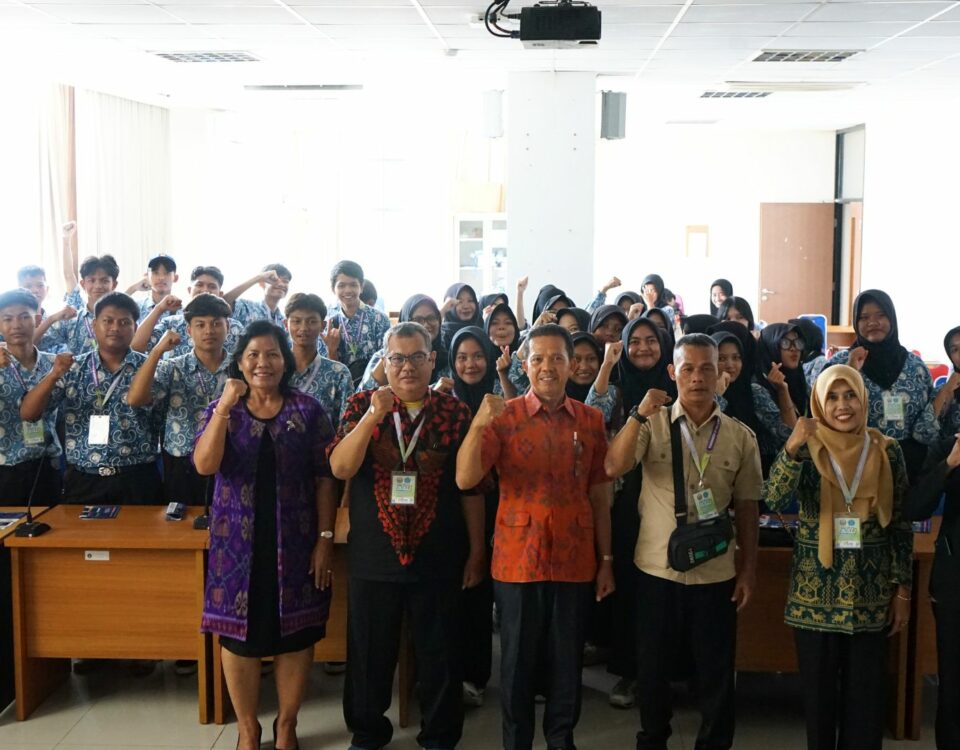Singaraja- Ganesha University of Education holds a sharing session on the Development of Integrity Zones (ZI), Corruption-Free Zones (WBK) and Clean and Serving Bureaucratic Zones (WBBM) on Tuesday, July 23, 2024. This event was graced by the Secretary of the Bureaucracy Reform and Integrity Zone Team, at the Ministry of Education, Culture, Research, and Technology, Muhammad Ali Akbar, S.E., M.B.A. Additionally speakers from within Undiksha presented materials on the evaluation of theZI/WBK/WBBM initiative within the university across various domains.
This session was officially opened by the Vice Rector of Undiksha for Planning, Finance, and General Affairs, Prof. Dr. I Wayan Artanayasa, S.Pd., M.Pd. In his remarks, he emphasized the establishment of the ZI/WBK/WBBM at Undiksha as a fundamental component of the university’s broader bureaucratic reform efforts, aimed at ensuring accountability and transparency as a public institution.
The main objective of the ZI/WBK/WBBM development is to prevent corruption, collusion, and nepotism while enhancing the quality of public services. The implementation of this initiative involves continuous efforts to improve performance accountability, the drafting of performance contracts, and the provision of anti-gratification education and anti-corruption measures. Prof. Artanayasa urged the academic community to give these matters due attention and to further solidify their understanding through this sharing session.
During this session, Ali Akbar highlighted the integrity zone as a critical mechanism for accelerating bureaucratic reform in the achievement of the work unit program. He highlighted 4 urgent zone integrity implementations within universities that demand focused attention: First, maintain the integrity of the education service. Second, ensuring governance integrity related to business processes and standard operating procedures (SOP). Third, prioritize financial management accountability. Lastly, upholding a strong code of ethics is an effort to prevent discrimination and address other institutional challenges.





